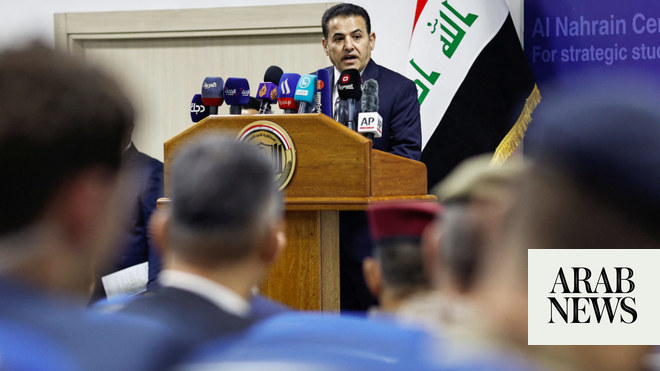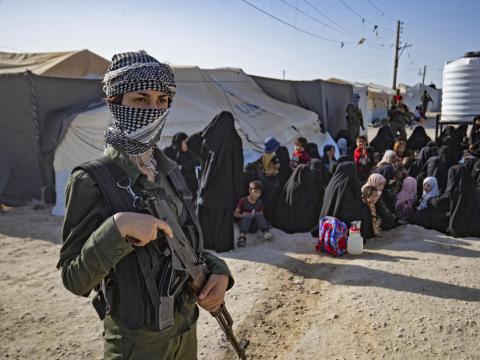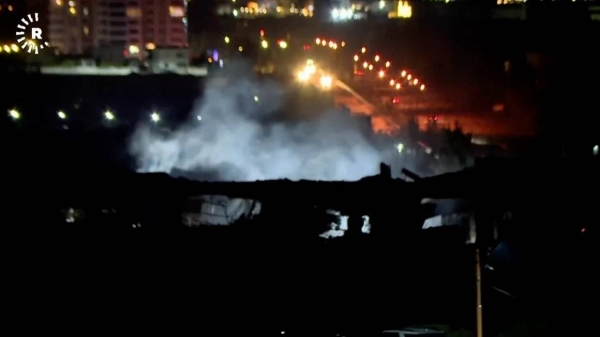
Iraq and the Netherlands joined the UN agencies responsible for children and counter-terrorism to launch a global framework to support UN member states willing to repatriate their citizens from Iraq and Syria on Wednesday.
Thousands of suspected foreign terrorist fighters are currently being held in detention facilities after the collapse of Daesh in Iraq and Syria.
At least 42,000 foreign women and children remain in overcrowded camps and detention centers across northeast Syria.
The Global Framework for UN Support on Syria/Iraq Third Country National Returnees is a UN response to the dire humanitarian crisis in these camps and detention facilities and aims to support member states willing to repatriate their nationals from Iraq and Syria.
The framework is co-chaired by the UN Office of Counter-Terrorism and the UN Children’s Fund, otherwise known as UNICEF.
UN Secretary-General Antonio Guterres said in his opening statement at a side event on the margins of the 76th session of the UN General Assembly that the global framework provides integrated technical and financial support. It addresses the humanitarian and protection needs of returnees from Iraq and Syria while also responding to accountability and security concerns.
“It responds to justice and security concerns in an age-appropriate and gender-responsive way, while also protecting children and victims,” Guterres said.
“To member states that require assistance, I encourage you to immediately make use of the global framework. To the donor community, I urge you to support this vital and timely effort by contributing generously to the framework’s multi-partner trust fund.”
To support the global framework, a dedicated multi-partner trust fund was established to enable rapid, coherent, and coordinated delivery across both of its objectives — protecting children and holding adults accountable.
“Not only does the global framework support member states to protect and address the needs of returnees but it also builds the capacity of member states to respond to security concerns and to promote accountability,” Vladimir Voronkov, the under-secretary-general of UNOCT, said.
“This includes support to develop comprehensive and tailored prosecution, rehabilitation, and reintegration strategies as outlined in Security Council resolutions 2178 (2014) and 2396 (2017).”
UNICEF Executive Director Henrietta Fore said the agency is concerned about the situation of thousands of foreign children and families in detention centers and closed camps in Syria and Iraq. She said the global framework aims to help them.
“Some of these children have spent half of their childhood in limbo, with barely any access to education, health care, clean water, or other essential services. Their circumstances may be complex, but the decision to help them is a simple one,” Fore said.
“And we have seen that solutions are possible. That is why UNICEF is proud to co-lead this Global Framework — a unique partnership to solve a critical contemporary problem.”
Asa Regner, the deputy executive director of UN Women, said she was pleased that the global framework has a gender-sensitive approach to meet the needs of women and girls. She added that strong gender analysis and working with civil society are key for successful reintegration and rehabilitation processes.












